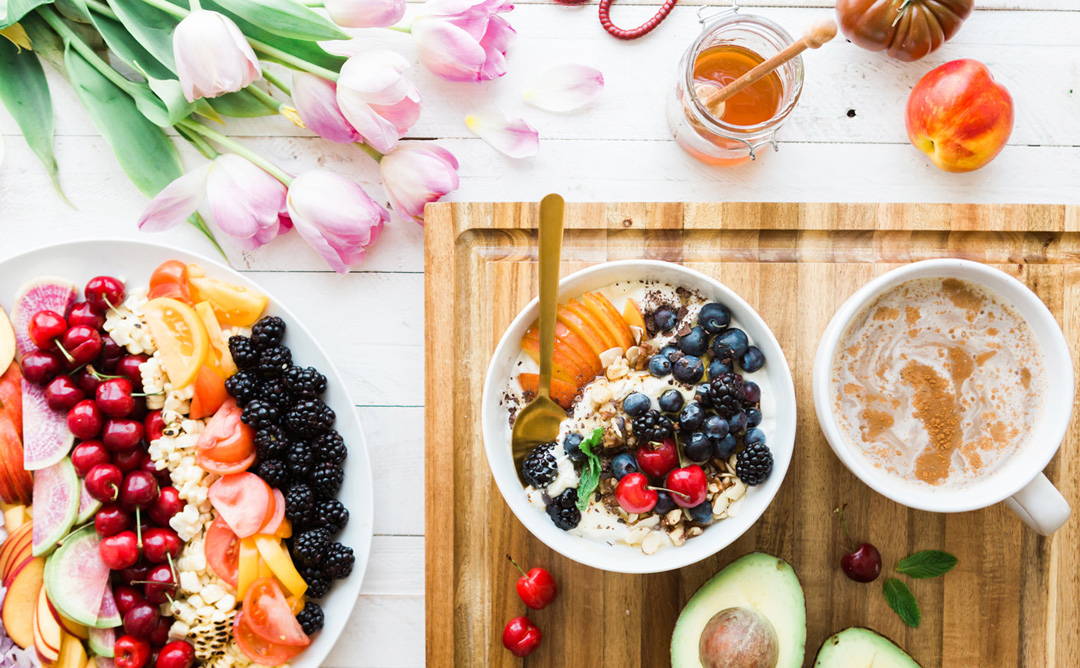
Coffee

“The Hidden Dangers Lurking in Your Coffee Cup”
There are several potential health benefits associated with moderate coffee consumption:
Boosts brain function: Coffee contains caffeine, which can help improve alertness, concentration, and cognitive function.
May reduce the risk of certain diseases: Regular coffee consumption has been linked to a reduced risk of developing conditions such as type 2 diabetes, liver disease, and some types of cancer.
Contains essential nutrients: Coffee contains small amounts of several important nutrients, including riboflavin, pantothenic acid, manganese, and potassium.
May improve physical performance: Caffeine can help improve athletic performance by increasing endurance and reducing perceived exertion.
May reduce the risk of depression: Some studies have suggested that coffee consumption may be associated with a reduced risk of depression and lower rates of suicide.
And, now the bad news….
With the benefits of coffee, there are some things to look out for. There are some nasty things hiding in there…. so here is the dish on our hot friend ?.
Coffee contains the following:
– Mold
– Pesticides
– Insecticides
– Yeast
– Polycyclic Aromatic Hydrocarbons (PAH)
– Acrylamide
– Aflatoxin
– Plastic Residue
PAH, Aflatoxin, and Acrylamide are probable carcinogens that have been linked to various types of cancers. They also have been linked to hormone disruption, hypertension, and brain damage to name a few.
How to reduce exposure to these dangerous cancer-causing items:
1. Choose coffee that is organically grown.
2. Looking for coffee that is roasted in a smokeless machine.
3. Choosing coffee that is tested for the absence of these ingredients.
4. Select coffee that is stored in a temperature-controlled facility.
5. Not buying coffee in plastic pods as well.
Here are some coffee great options:
Why not take it a step further and ditch the traditional plastic coffee makers? Consider brewing your own with a french press or a pour over.
Disclaimer: We are an affiliate of many companies, which means that we may receive a commission if you click on our affiliate link and make a purchase. However, this does not affect our reviews and comparisons. We strive to provide honest opinions and recommendations based on our own experiences and research. Any product claim, statistic, quote, or other representation about a product or service should be verified with the manufacturer, provider, or party in question.

